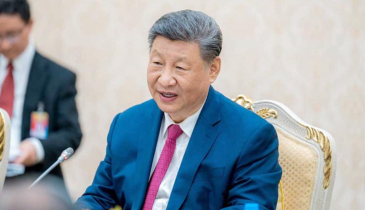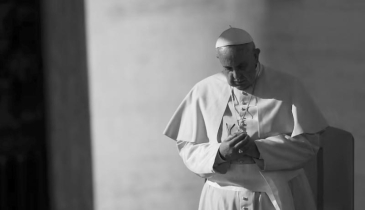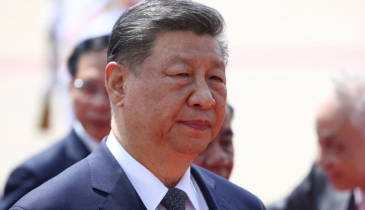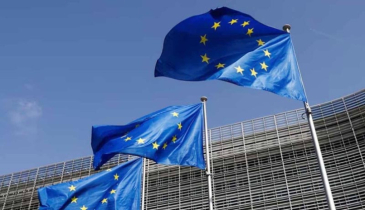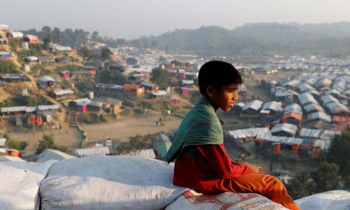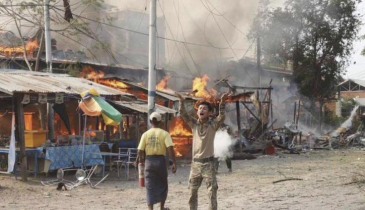Rohingyas face new threat from Arakan Army after being persecuted by Junta
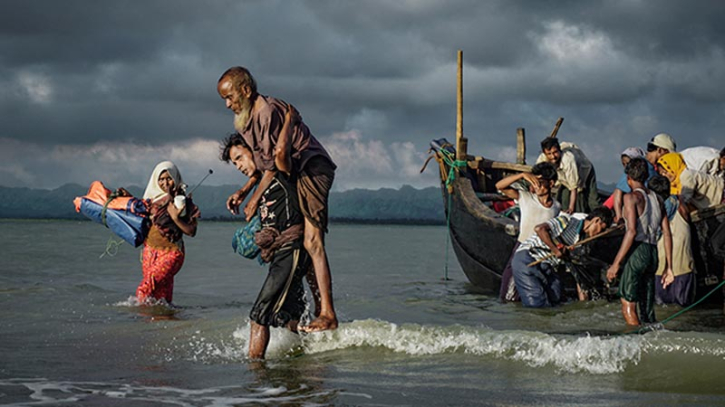
Rohingya Muslims long persecuted by Myanmar's Junta, are now facing new threats from the Arakan Army (AA), according to Nay San Lwin, co-founder of the Free Rohingya Coalition.
He has called for urgent international intervention, proposing the establishment of a safe zone to protect the vulnerable population from escalating violence.
The Arakan Army, an ethnic Rakhine insurgent group formed in 2009, seeks greater autonomy in Myanmar's Rakhine State. Initially focused on conflicts with the junta, the group has increasingly targeted the Rohingya population. Despite its opposition to the military, the AA has reportedly gained control over large areas of Rakhine State.
Lwin estimates that 550,000 Rohingya Muslims remain in Rakhine State and nearby regions, despite the harsh conditions. He alleges that in recent months, the Arakan Army has killed over 2,500 Rohingyas and displaced at least 300,000 across two townships. Thousands have sought refuge in Bangladesh, while those remaining in the region face grave dangers.
This crisis adds to the longstanding plight of the Rohingyas, including the mass exodus of approximately 700,000 people in 2017 following a brutal military crackdown. According to Lwin, Rohingya refugees in Bangladesh are unable to return home as long as the Arakan Army maintains control over their lands. He also accused the AA of continuing what Myanmar's military referred to as 'unfinished business' from World War II, echoing past rhetoric from military leaders.
Criticizing the international community, Lwin expressed frustration with the UN Security Council's focus on humanitarian aid without addressing the root causes of the crisis. He warned that without significant action, the situation is likely to deteriorate further. Lwin urged more countries to support legal cases against Myanmar's actions, including those filed with the International Criminal Court (ICC).
'Over 150 countries have signed the Genocide Convention. They all have a role to play in holding perpetrators accountable. This could be a significant step toward justice,' he said.
As the Rohingya community continues to endure persecution, calls for global action grow louder, highlighting the urgent need for accountability and protection.
.png)


